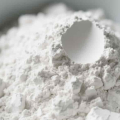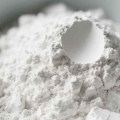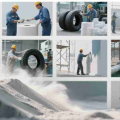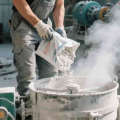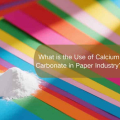- Welcome to China Calcium Carbonate Manufacturer
- WeChat:15078781000
- 1. What Is Dolomite Lime?
- 2. What Is Hydrated Lime?
- 3. Chemical Composition Comparison
- 4. Reactivity & Handling Differences
- 5. Which One Should You Choose?
- 6. Jintai Lime Product Capabilities
- 7. Conclusion & Recommended Resources
- 8. Contact Us for Tailored Lime Solutions
- 📌 FAQ: Dolomite Lime vs. Hydrated Lime
Lime-based products are indispensable in agriculture, construction, and environmental management. However, dolomite lime and hydrated lime are often confused despite their distinct chemical compositions, reactivity, and applications. Misusing hydrated lime, for instance, can over-alkalize soil, while dolomite lime’s magnesium content makes it ideal for magnesium-deficient soils. This article breaks down their key differences and provides actionable guidance for choosing the right product.
1. What Is Dolomite Lime?
Dolomite lime is a natural limestone rock composed primarily of calcium magnesium carbonate (CaMg(CO₃)₂). It is mined, crushed, and ground into powder for various uses.
🔹 Key Features:
Contains both Ca and Mg: Ideal for soils deficient in magnesium
Slow pH adjustment: Works gradually over time
Safe to handle: Low causticity compared to hydrated lime
✅ Common Uses:
Soil conditioning in agriculture
pH adjustment in aquaculture and water treatment
Environmental remediation (e.g., acid-neutralizing in mines)
2. What Is Hydrated Lime?
Hydrated lime, also known as slaked lime, is chemically calcium hydroxide (Ca(OH)₂). It is made by adding water to quicklime (CaO), creating a highly alkaline, fast-acting material.
🔹 Key Features:
Highly reactive: Rapid pH elevation and neutralization
Strong alkalinity: Ideal for disinfection and chemical processes
Fine powder texture: Easily dispersible in water
✅ Common Uses:
Water and wastewater treatment
Flue gas desulfurization in power plants
Soil stabilization and asphalt modification
Neutralization of acidic industrial waste
3. Chemical Composition Comparison
| Property | Dolomite Lime | Hydrated Lime |
|---|---|---|
| Main Composition | CaMg(CO₃)₂ | Ca(OH)₂ |
| Calcium Content (CaO) | ~30–34% | >70% |
| Magnesium Content (MgO) | ~18–22% | 0% |
| pH in Solution | ~8.5–9.5 | ~12.5 |
| Solubility | Low | High |
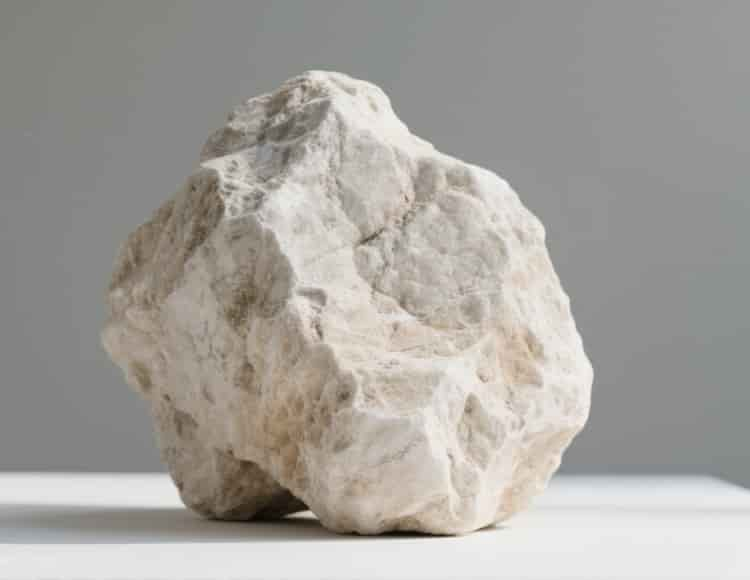
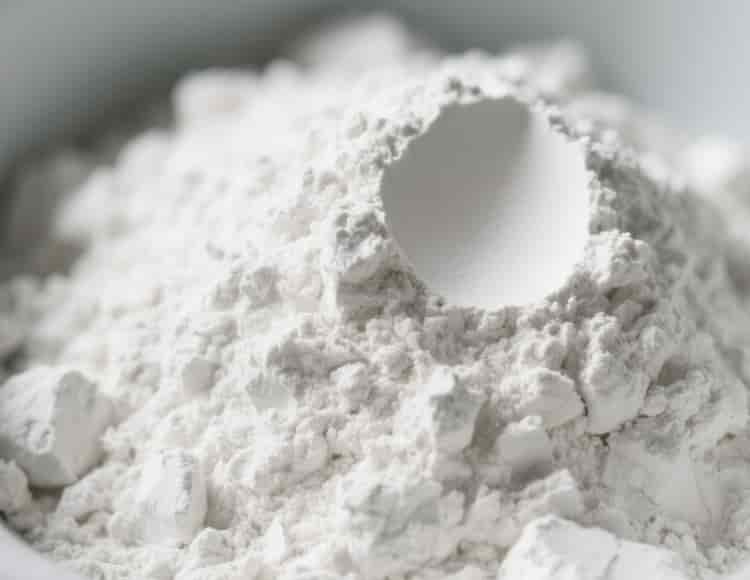
4. Reactivity & Handling Differences
Hydrated lime is much more reactive and caustic. It can cause skin and eye irritation, and must be handled with PPE (Personal Protective Equipment).
Dolomite lime is safe to apply manually, commonly used by farmers without industrial precautions.
Storage: Hydrated lime requires airtight storage to prevent moisture absorption. Dolomite is more stable.
5. Which One Should You Choose?
Which One Should You Choose?
| Application | Recommended Lime Type |
|---|---|
| Agricultural soil Mg boost | Dolomite Lime |
| Fast pH neutralization | Hydrated Lime |
| Water treatment | Hydrated Lime |
| Long-term soil improvement | Dolomite Lime |
| Construction/road base | Hydrated Lime |

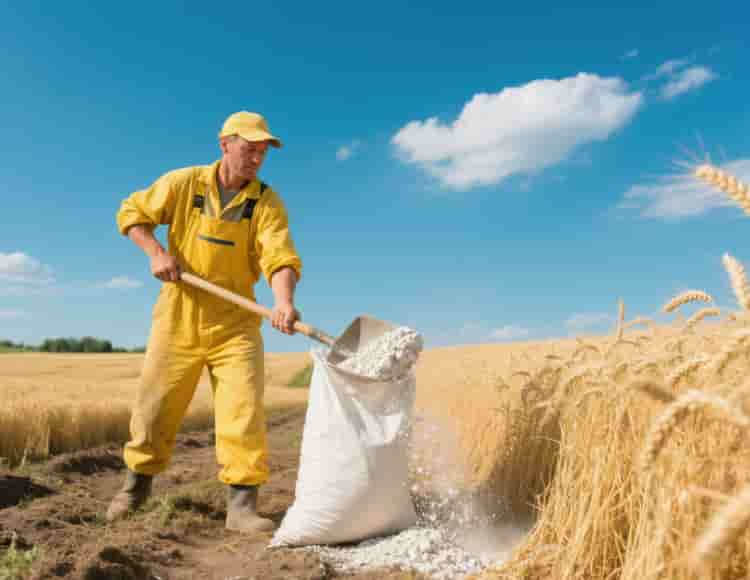
6. Jintai Lime Product Capabilities
At Jintai, we supply both agriculture-grade dolomite powder and industrial-grade hydrated lime with global export capacity.
🔸 Our Capabilities:
Tailored mesh size and chemical content
COA, MSDS, and custom packaging
Stable supply from Foshan, China
Fast delivery to Southeast Asia, the Middle East, and more
💡 Whether you need bulk Ca(OH)₂ or high-magnesium dolomite lime, our team can provide the right grade for your agriculture, industry, or environmental needs.
7. Conclusion & Recommended Resources
Choosing between dolomite lime and hydrated lime depends on your specific application, material requirements, and safety considerations.
Dolomite Lime is ideal for long-term soil conditioning where magnesium supplementation is needed.
Hydrated Lime is best for industrial applications requiring rapid neutralization, strong alkalinity, and chemical reactivity.
✅ Selection tip: Always evaluate application scenario + chemical composition + safety handling before making a decision.
📚 Recommended Reading:
👉 Mineralogical Differences Between Limestone and Dolomite
👉 Applications of Hydrated Lime in Concrete Carbonation
8. Contact Us for Tailored Lime Solutions
Looking for high-quality lime products with reliable specs and global shipping?
📩 Jintai supplies:
Agricultural-grade dolomite lime powder with customizable mesh size and magnesium content
Industrial-grade hydrated lime (Ca(OH)₂) with high purity, fast reactivity, and bulk packaging
We offer:
✅ Tailored particle size distribution
✅ COA, MSDS & technical support
✅ Sample testing
✅ Export documentation for global compliance
👉 Contact us now to discuss your lime powder needs or request a free sample.
📌 FAQ: Dolomite Lime vs. Hydrated Lime
Q1: Is dolomite lime safer than hydrated lime?
Yes, dolomite lime is non-corrosive and safer to handle.
Q2: Can I use hydrated lime in my garden?
Hydrated lime can be used, but it must be handled with care and applied correctly to avoid plant damage.
Q3: Do both products neutralize soil acidity?
Yes, but hydrated lime works faster, while dolomite lime acts slowly and adds magnesium.
